By Syeda Mamoona Rubab -
Backchannel diplomacy between India and Pakistan
Delhi and Islamabad are abuzz with speculations that Indian Prime Minister Dr. Manmohan Singh may be visiting Pakistan sometime around mid-March.
The visit, if it ultimately materializes, would mark a big step forward in efforts to normalize the relations particularly at a time when tense events at the Line of Control (LoC) in 2013 stalled the dialogue that had kept the two countries engaged with each other after the big breakdown in ties in the aftermath of the Mumbai attacks in 2008.
The trip by the Indian prime minister has been overdue and much needed to put the relationship fully back on track after the 2008 interruption. The official invitation from Islamabad had been on the table since July 2012 when the then President Asif Ali Zardari, encouraged by the momentum created in the ties by the resumed dialogue process, invited Dr. Singh to visit Pakistan on the occasion of birth anniversary celebrations of Baba Guru Nanak Sahib.
But Indians kept linking the trip to action against terrorist groups targeting India and, more importantly, expeditious prosecution of the Mumbai attack accused.
Now that vibes from Delhi are suggesting that Dr Singh may visiting Islamabad before completion of his tenure in office in April, its time to analyse as to what made the reluctant Indian government to, at least, consider the possibility of Dr Singh’s trip.
Diplomatic sources say the visit, provided it does take place, would be the result of back-channel diplomacy with India initiated by Prime Minister Nawaz Sharif soon after coming into office.
Mr Sharif had appointed former diplomat Ambassador Shahryar Khan as his point-man for the back-channel contacts with India in June 2013. Amb Khan’s brief was to prepare grounds for discussions on a list of contentious issues that have bedevilled the ties and due to which official front channels found little space for tackling them.
Even before Mr Khan’s appointment, Indians took the initiative in suggesting revival of back channel to Mr Sharif soon after the May 11 elections. Almost a fortnight after PML-N’s victory in the polls, Dr Singh had dispatched the Indian backchannel man, S. K. Lamba, as a special emissary to see the then incoming prime minister.
The idea behind the revival of the backchannel was to pick up the threads from where the two sides left it in 2007, when it is believed that they had come close to a possible settlement over Kashmir through the behind the scenes unofficial contacts.
The Foreign Office statement on appointment of Amb Khan too had noted that back-channel “has been a part of the overall peace process between Pakistan and India, and complements the bilateral efforts for peace”.
Mr Lamba and Mr Shahryar have since then met at least thrice in Delhi and Dubai. The last of such interactions took place almost three weeks ago. Little details are available about what has been happening on the back-channel. But knowledgeable sources at the Foreign Office say that Pakistan had been lately emphasizing on a visit by Dr Singh to Islamabad.
“Amb Khan is currently pursuing a single point agenda that is a visit by the Indian prime minister. That’s our top priority,” one of the Pakistani prime minister’s aides said adding that they were still uncertain if the effort yields results.
Why is the visit by Indian PM so crucial for Islamabad? The strategists in Pakistan seem to have already reached the conclusion that BJP would form the next government in Delhi and are bracing for difficult times in the ties ahead.
Therefore, their strategy is to get Dr Singh to visit Pakistan before completion of his term so that when the new government comes in office resumption of ties with Islamabad becomes a fait accompli. “In case that happens, it would be difficult for the new government to reverse the things,” the aide added.
But the Indian establishment, it is said, is looking at the things differently.
Indians still believe that Dr Singh’s visit would be a major concession. Therefore, Dr Singh is reportedly facing stiff opposition from the bureaucracy over his intentions to visit Pakistan and his home town in Gah, district Chakwal.
“I still have not given up hope of going to Pakistan before I complete my tenure as Prime Minister. I would very much like to go to Pakistan. I was born in a village which is now part of West Punjab,” Dr Singh had told reporters earlier this month.
Former Foreign Minister Mr Inamul Haq supports back-channel contacts in principle. “Problem always remains as to how you sell what you achieve in these contacts to others. Back channel can’t operate in a vacuum and one can’t depart from the fundamentals either,” Mr. Haq said in an interview with Pique.
Meanwhile, former ambassador Sherry Rehman, who co-chairs Chaophraya Dialogue – a joint India-Pakistan Track II initiative – and heads Islamabad based think tank Jinnah Institute doesn’t seem too hopeful about progress in back channel. “Indians are not in talking mood at least till elections in April/May,” Ms. Rehman said.
The writer is special correspondent in Islamabad for Fars News – Iranian newswire






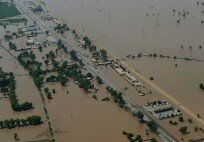
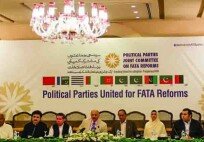
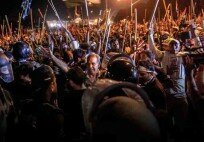


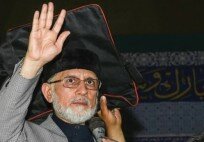
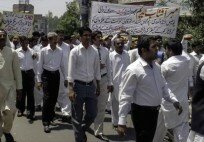
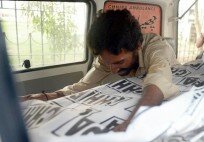

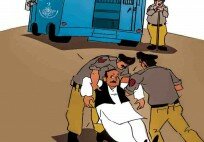

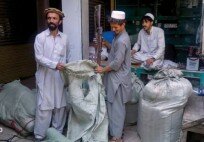
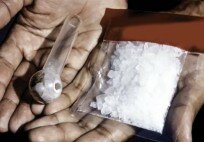
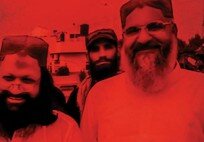

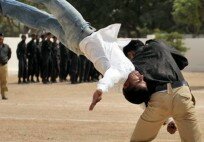







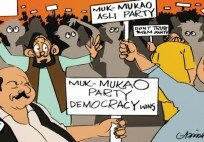
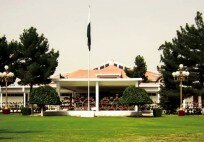
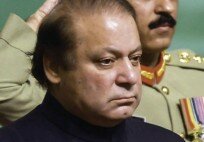
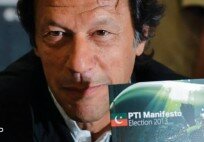



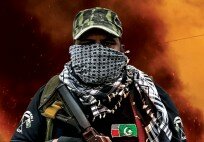
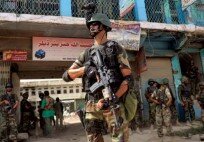
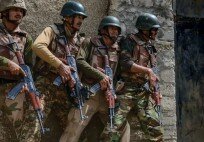
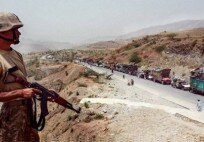


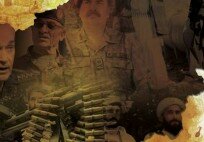








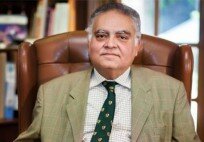
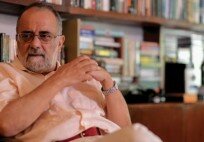







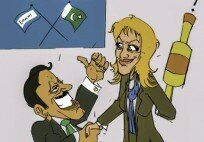
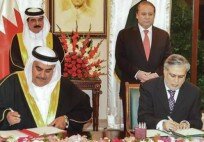
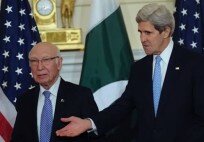


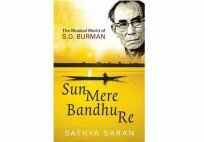
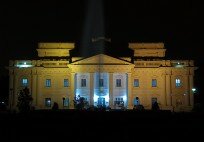
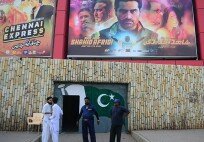














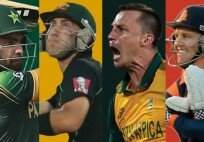




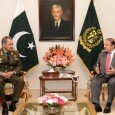
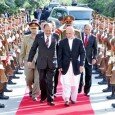

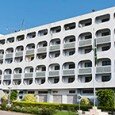




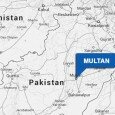

Recent Comments